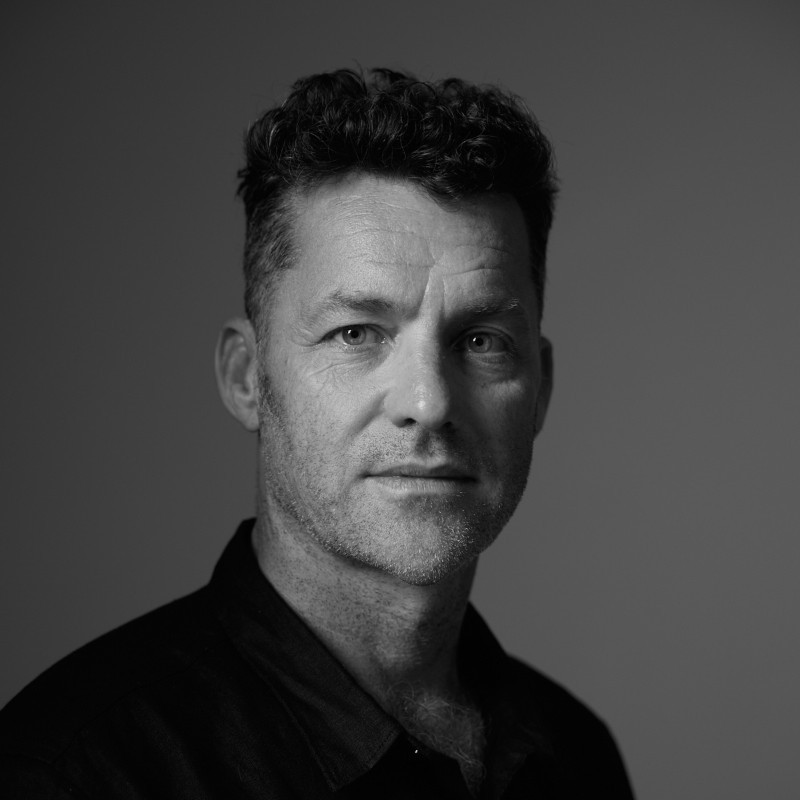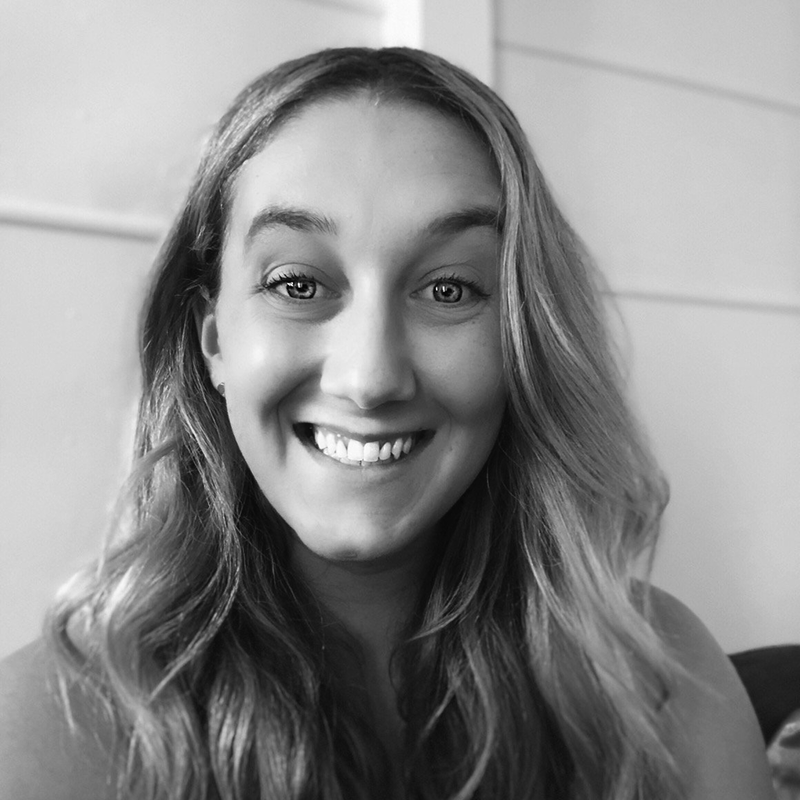
ASKING FOR A FRIEND
Is my age affecting job rejections? How to overcome?
ASKING FOR A FRIEND - QUESTION
When job rejections pile up after 25+ years in graphic design, it’s natural to wonder if age is the barrier. Andy Wright (CEO Streamtime, Never Not Creative) explores industry fairness, Simon Lee (Chief Creative Officer, The Hallway) shares how he navigates a youth-focused industry at 50, and Aimee Davies (mental health educator for creatives) offers strategies to stay authentic and resilient. Discover how to reframe your experience as a competitive advantage and position yourself with confidence.
After 25 years in the design trenches, you’d think landing your next role would be straightforward. But when rejection after rejection starts piling up, it’s natural to wonder if your experience is somehow working against you. Age discrimination in the creative industry is real, and you’re definitely not alone in feeling this frustration. This question was answered by Andy Wright – Host, CEO Streamtime and Founder of Never Not Creative, who brings deep industry insight and a passion for making creative workplaces fairer; Simon Lee – Chief Creative Officer and joint owner of The Hallway, whose decades of creative leadership and recent milestone of turning 50 gives him firsthand perspective on navigating age in the industry; and Aimee Davies – mental health educator and counsellor specialising in creative professionals, whose therapeutic expertise helps address the emotional impact of job rejection and career transitions.
Embrace Your Age as a Competitive Advantage
Rather than trying to hide or downplay your experience, Simon suggests a complete mindset shift: "Really wholly embrace your age." Having recently turned 50 himself, Simon understands the challenge firsthand, noting that the creative industry is "notoriously very much a young person’s business." The key is recognising what you bring that younger candidates simply can’t – years of wisdom, life experience, and soft skills that only time develops.
Show Your Value Beyond the Portfolio
When facing job rejections despite decades of experience, Simon recommends shifting your approach: "Go into an interview with the aim of ensuring that your interviewer comes away with a clear picture of the value you add as a person, potentially beyond your portfolio." This means highlighting your problem-solving abilities, calmness under pressure, mentorship skills, and depth of client understanding that only seasoned professionals can offer.
The Hidden Value of Maturity
Andy reinforces this idea, noting that maturity brings qualities that are incredibly valuable but hard to assess in an interview. "There’s something about common sense and maturity that you can’t fake. Managers should recognise the value in knowing someone has already been through it all and built those soft skills." Your track record of stability is a competitive edge.
Lead with Authenticity and Values
Aimee brings a mental health lens, emphasising authentic self-presentation. "Going in with authenticity and leading with who you are, what you do, and the skills you have beyond your age" is crucial. She suggests focusing on what you value and your personal strengths – things that make you special and valuable, which younger candidates are still developing.
Remember Your Unique Strengths
Aimee reminds seasoned designers not to underestimate their depth of wisdom: "Don’t forget that wealth of career you have that your younger counterparts are still developing." You’re not competing on the same terms – you’re competing with a richer story, broader perspective, and skills that come only with experience.
If you’re experiencing job rejections despite 25+ years in design, remember: your age and experience are assets, not liabilities. The challenge isn’t to hide them but to reframe them. Show the wisdom, maturity, and value you bring to a team that no fresh graduate can. Focus on who you’ve become through decades of creative problem-solving – you’re not too old, you’re the right age to offer something truly unique.
our guests
Industry Leader

Simon Lee
Enigma
Mental Health Expert

Aimee Davies
The Hey Mate Project
Host

